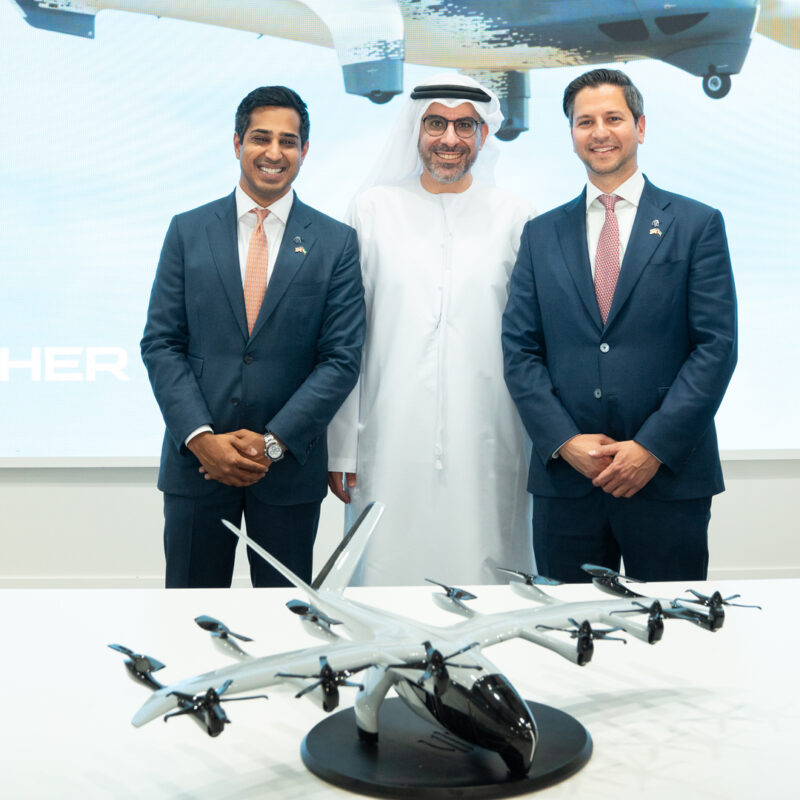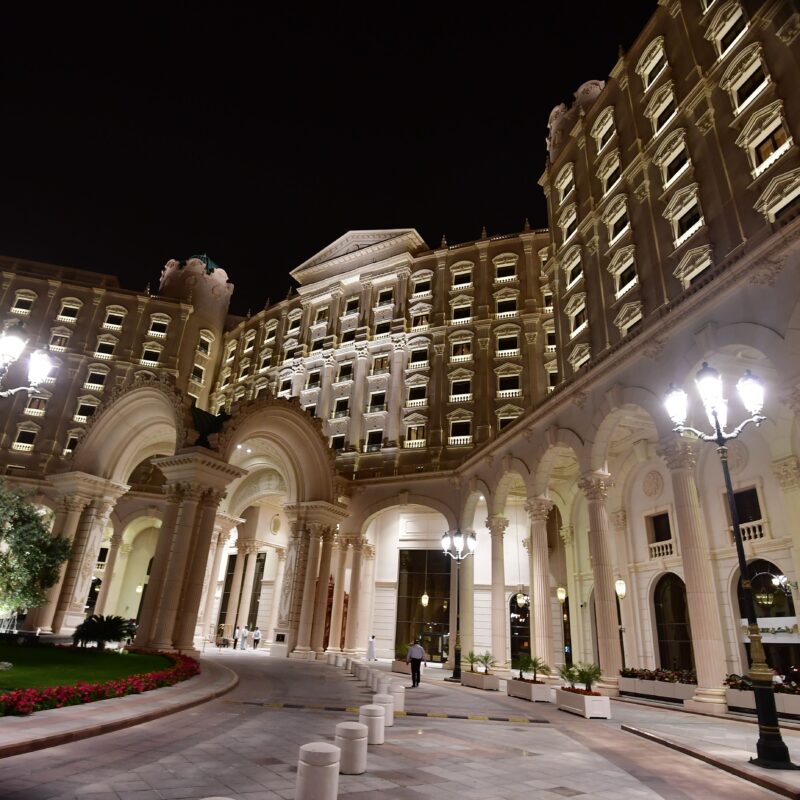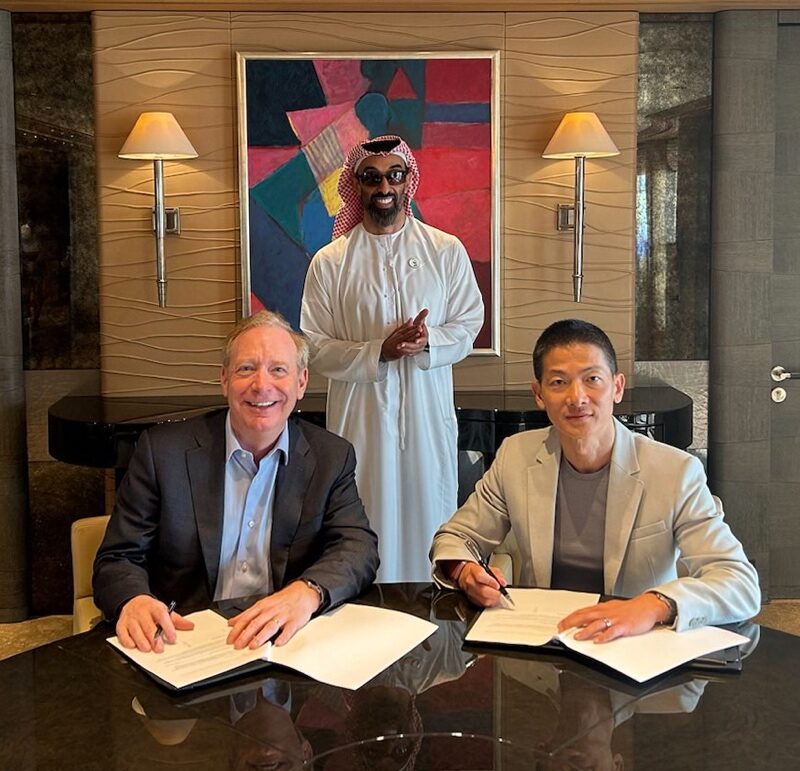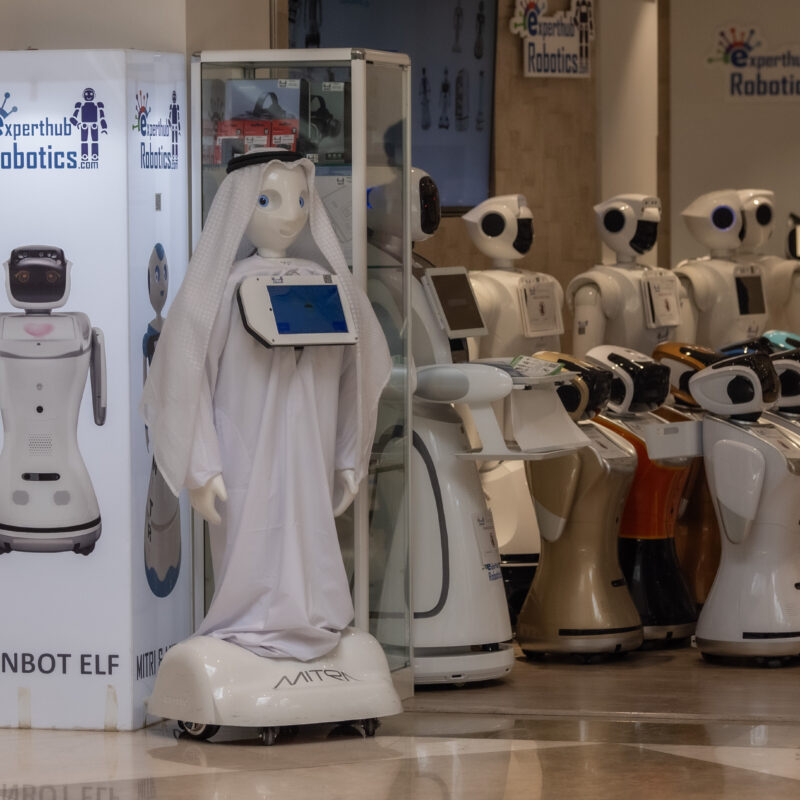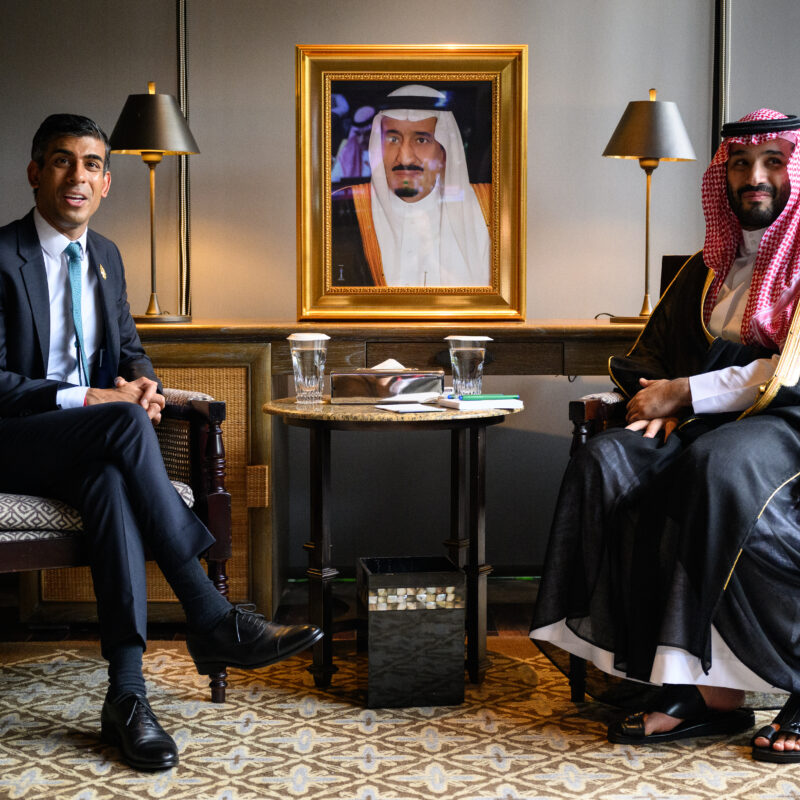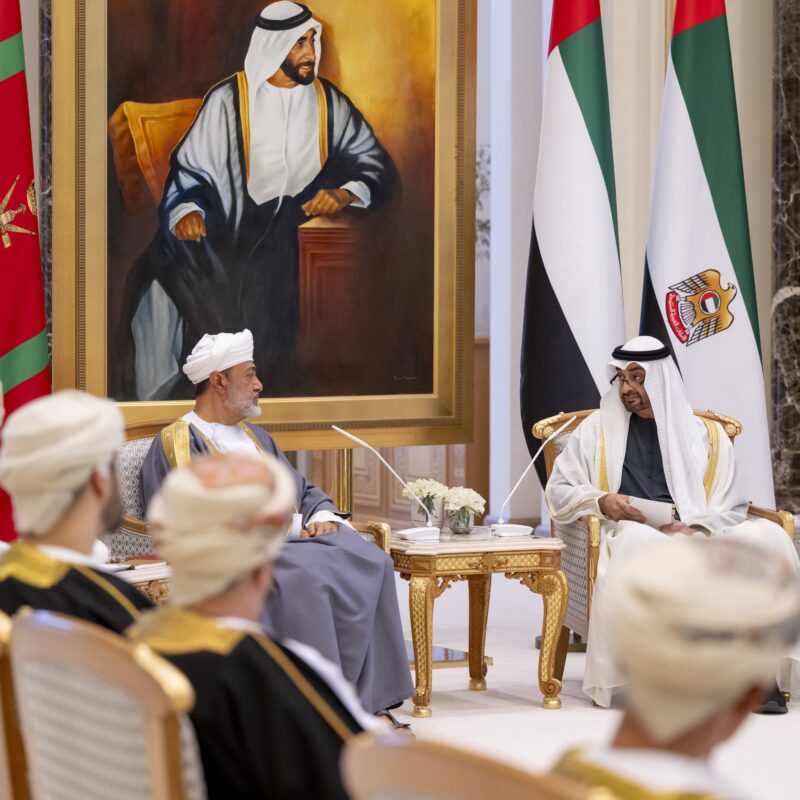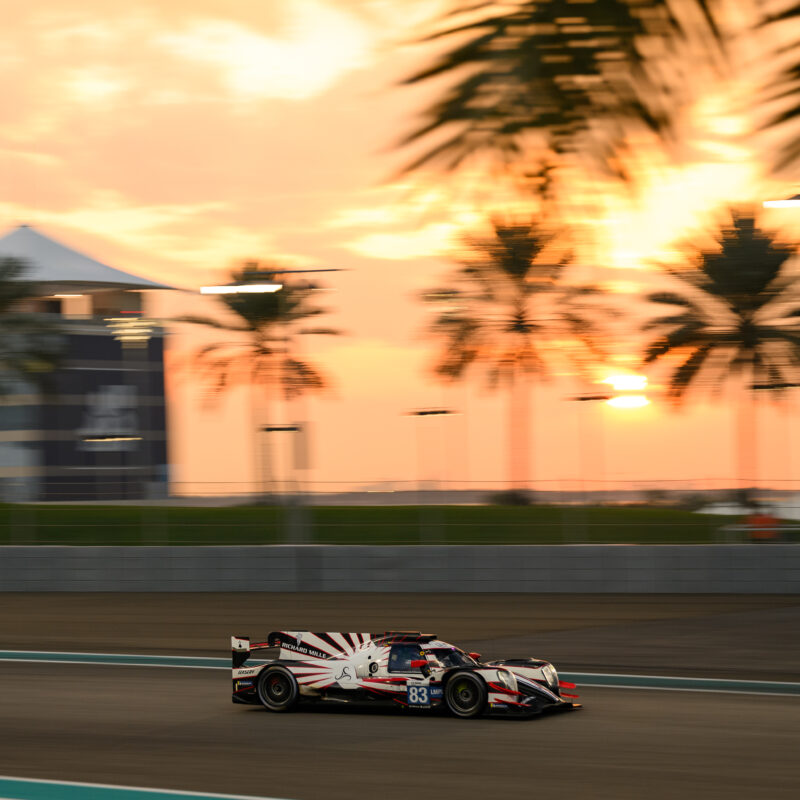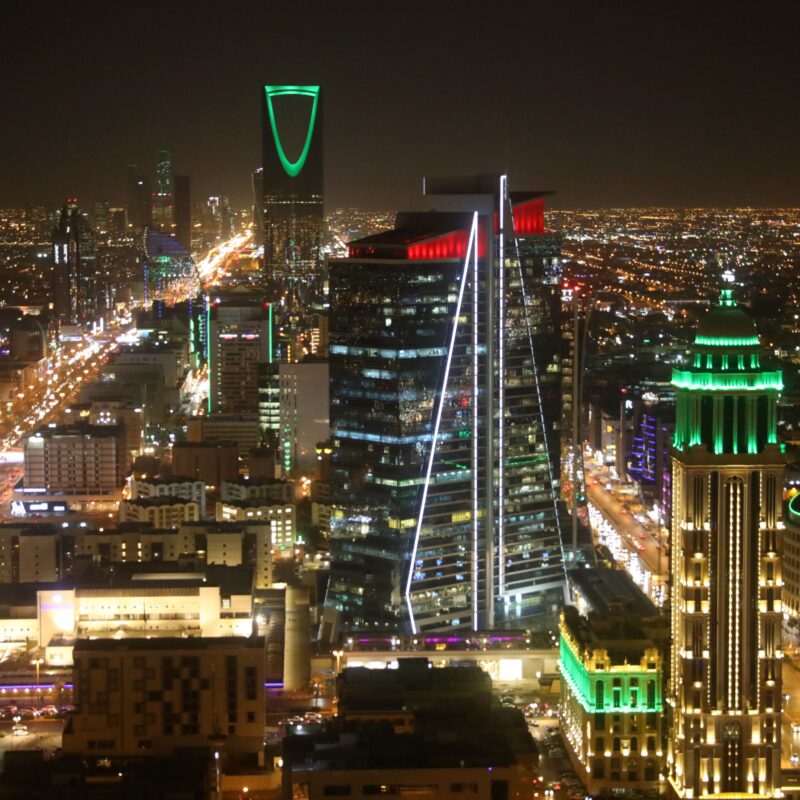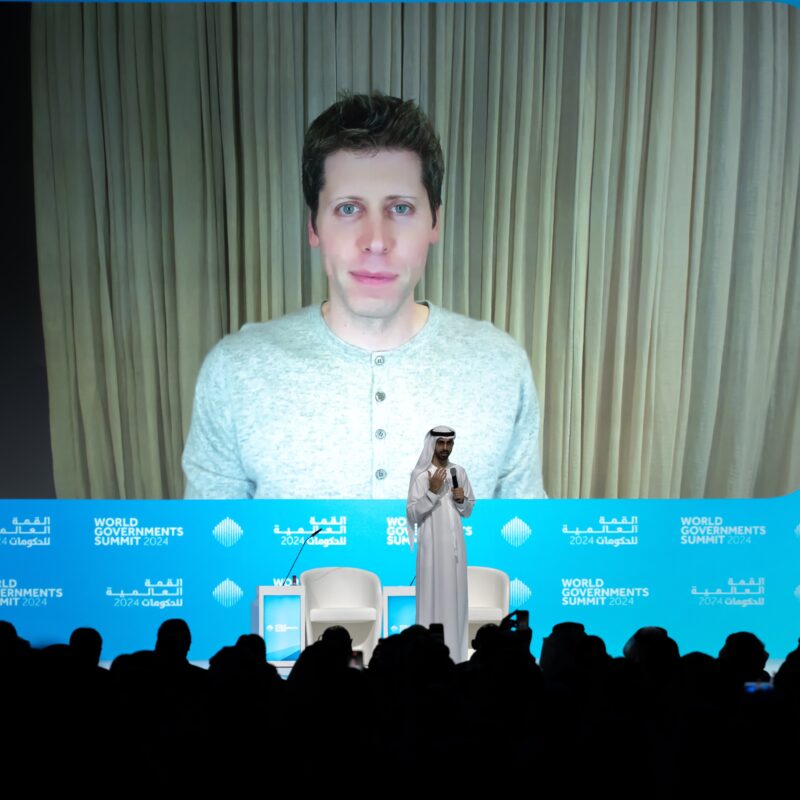Israelis take the stage as Saudi economic summit wraps up
VC founder sees bright future for ‘startup kingdom’ after chairman of Israel’s largest bank hails potential for investment in Saudi assets
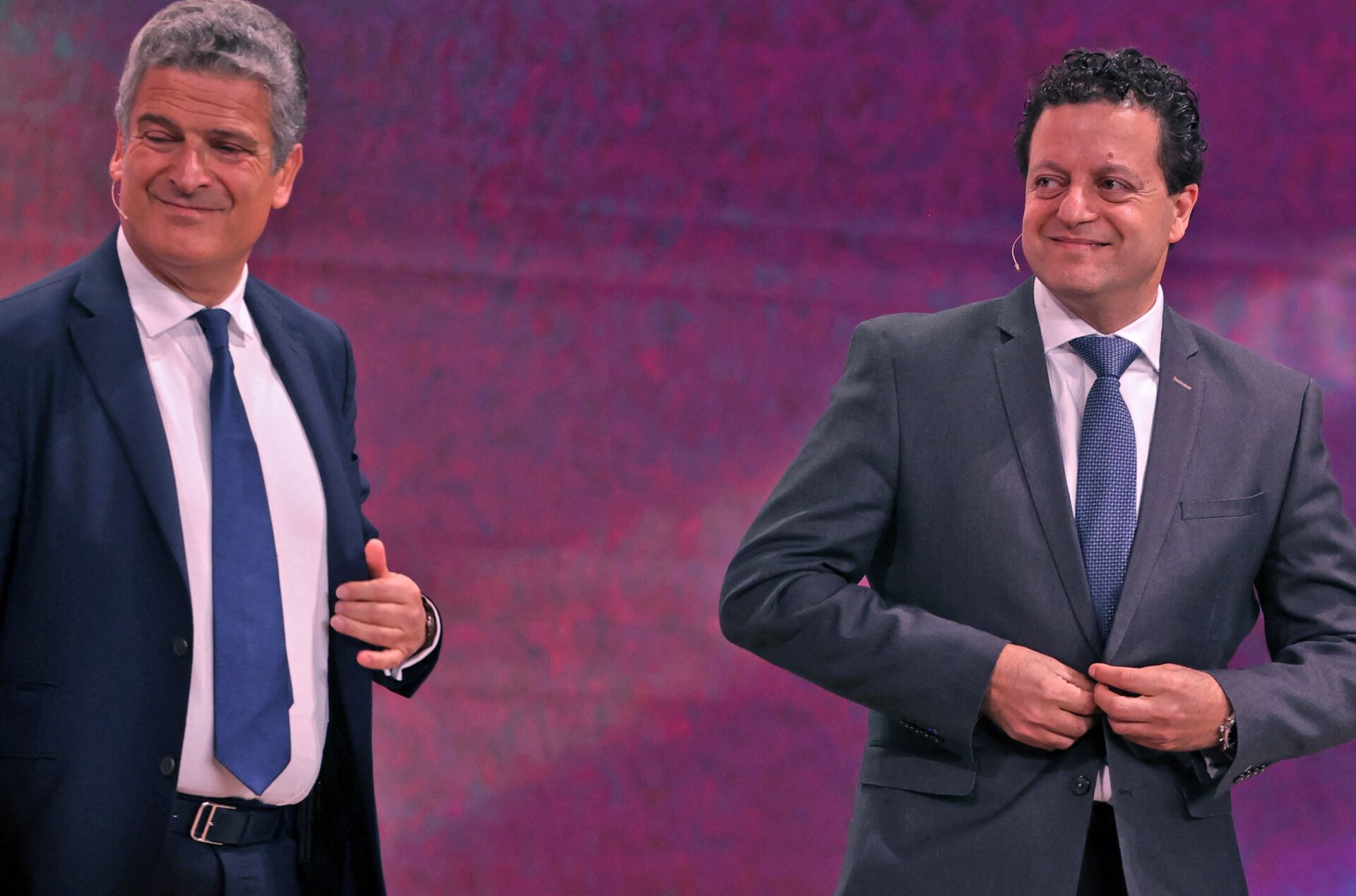
FAYEZ NURELDINE/AFP via Getty Images
Samer Haj-Yehia, chairman of Israel's Bank Leumi (R), and Francois Wat, senior partner at Rothschild Paris, attend a panel at the annual Future Investment Initiative in Riyadh
RIYADH, Saudi Arabia – The glittering economic summit that concluded yesterday in the Saudi capital turned into a modest coming-out party for Israeli business leaders who raised the prospect of making investments in the kingdom.
“The potential for the region is just huge,” Jonathan Medved, founder and CEO of the Jerusalem-based venture capital platform OurCrowd, told The Circuit before appearing onstage for a panel on investing in technology startups. “The politics will catch up.”
Interactions between Israelis and Saudis took place throughout the King Abdulaziz Convention Center and adjoining Ritz Carlton, a temple of luxury that is among the most expensive hotels in Riyadh. About two or three dozen Israelis from a variety of startups and investment funds could be seen sipping coffee, nibbling on chocolate-covered figs and talking about possible deals with Arab counterparts under the building’s massive crystal chandeliers.
Israeli companies are increasingly being allowed to operate in the Saudi kingdom despite the fact that it has not established diplomatic relations with the Jewish state, as the United Arab Emirates, Bahrain, Morocco and Sudan did in 2020 with the normalization agreement known as the Abraham Accords.
Medved wasn’t the only Israeli making a public appearance at the three-day Future Investment Initiative conference, better known by its nickname as “Davos in the Desert.” Samer Haj-Yehia, chairman of Tel Aviv-based Bank Leumi, the country’s largest lender, spoke earlier in the day at a keynote finance panel.
“We can see that there is a lot of investment going on,” said the 53-year-old economist, an Arab citizen of Israel. “We want to tap into that kind of investment, whether it is on the payment side, whether it is on the cryptocurrency side, anything we can leverage from the micro-services and the cloud, we would love to do that.”
While Haj-Yehia engaged in discussion with senior executives from such leading world lenders as Saudi Exim Bank, Société Générale, Wells Fargo and Rothschild & Co., it was the political significance of his presence as a prominent Israeli in Saudi Arabia that commanded attention. Surrounded by reporters after the panel session, the Leumi chairman refused to answer questions and elaborate on his invitation to address the conference, which is sponsored by Saudi Arabia’s $620 billion sovereign wealth fund.
The new unofficial policy toward Israelis reflects the drive by Crown Prince Mohammed bin Salman, recently appointed prime minister, to overhaul the country’s economy and wean it off dependence on oil. Known as MBS, the prince has in the past expressed admiration for Israel’s tech industry and said he sees Israel as a “potential ally.” Still, the country adheres to the Arab League position of not establishing official ties with Israel until its conflict with the Palestinians is resolved.
“The fact that people like me and Samer are invited to speak is an extraordinary sign and pretty exciting,” Medved told The Circuit. “It’s been warm. It’s been friendly. It’s been, ‘Let’s work on things that make the world better, make the region better.’”
Saudi investors are consistently intrigued by Israel’s knack for churning out thousands of technology companies, which has enabled it to become known as the “startup nation,” Medved said, adding that many aspire to emulate its risk-taking culture.
Besides intelligence sharing and arms sales between Israel and Saudi Arabia, which are state secrets, the two countries have joint interests in areas including desertification, food security, public health, education and fintech, or financial technologies.
“I’ve bought into the idea of this becoming the startup kingdom,” Medved said. “I want to invest together with them.”
